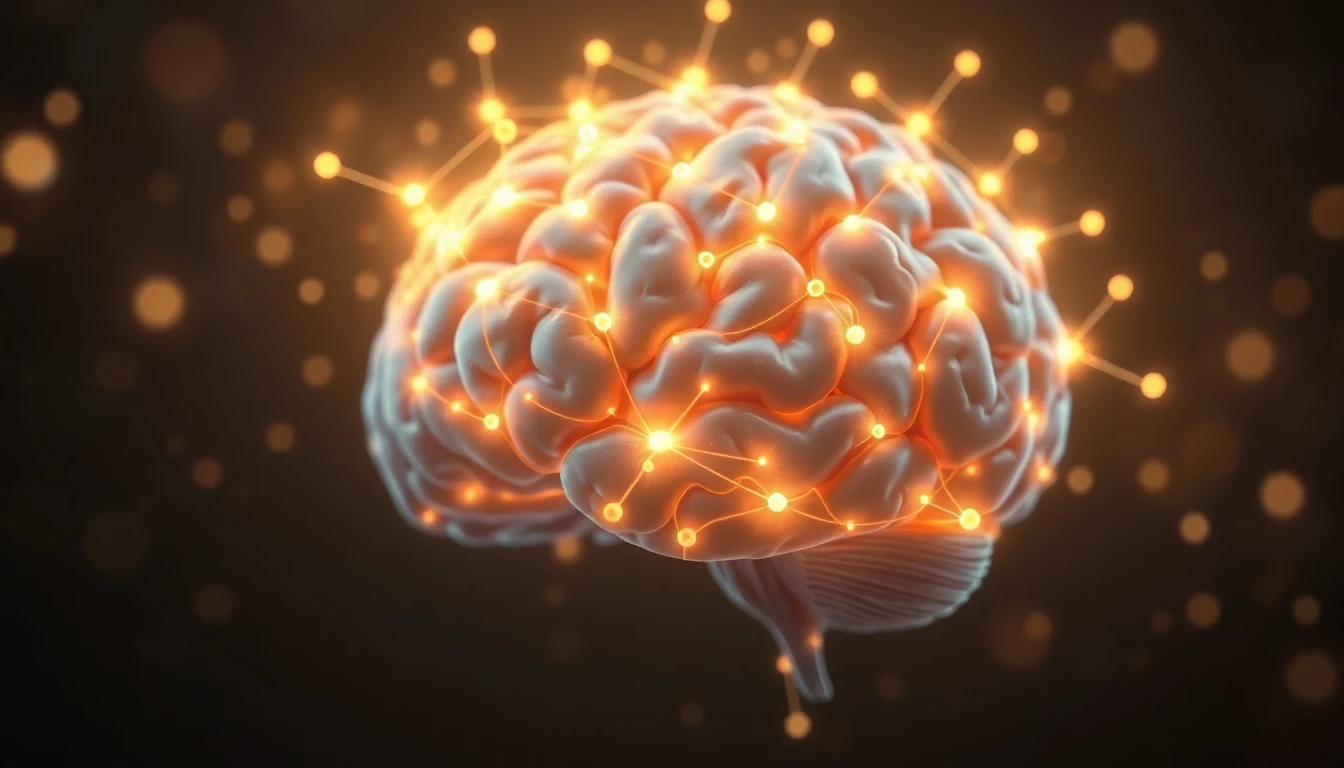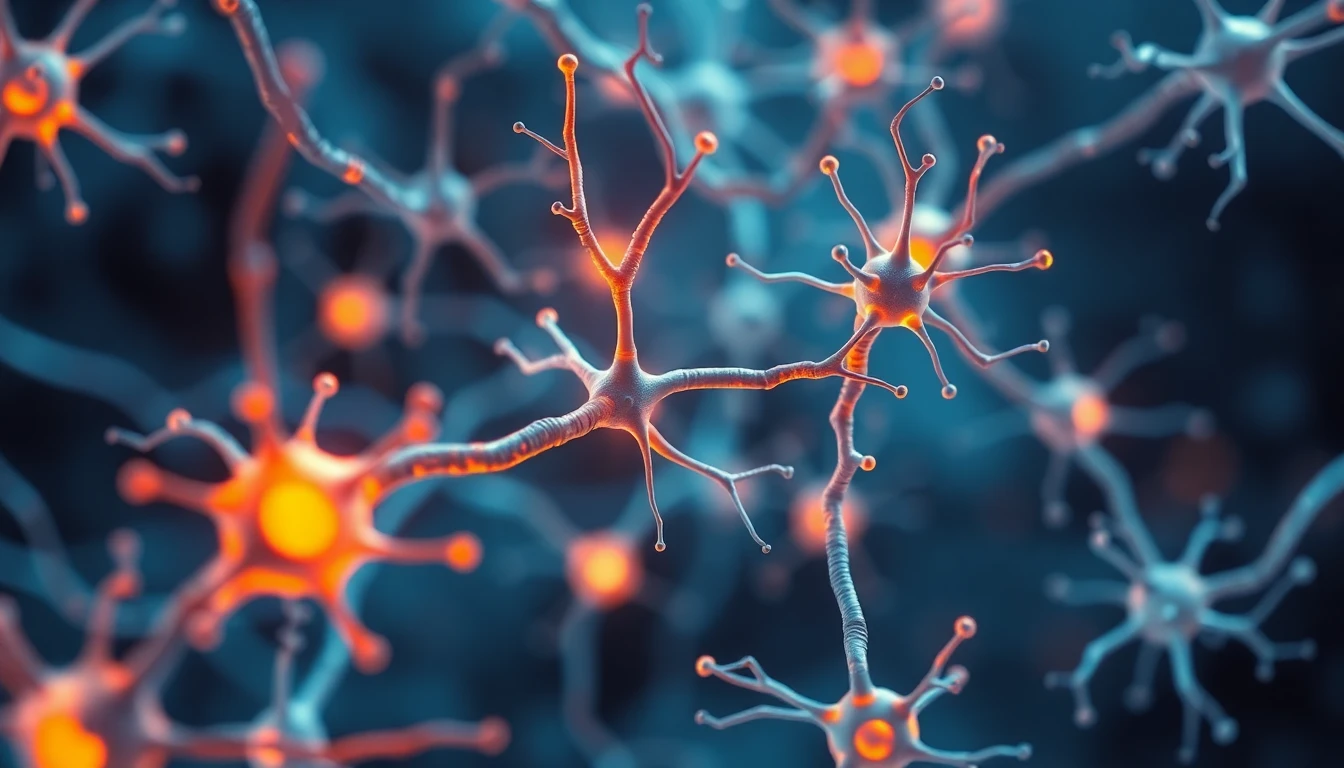
Life throws curveballs at all of us stress, setbacks, and unexpected challenges are simply part of being human. But what if you could actually train your brain to handle these moments with more strength and flexibility? That’s the promise of brain plasticity workshops. These workshops tap into your brain’s amazing ability to rewire itself, helping you build resilience, manage stress, and boost your emotional well-being.
In this article, we’ll explore what brain plasticity really means, how these workshops work, and the real-life benefits you can expect. Whether you’re looking to overcome personal challenges, improve your performance at work, or simply feel more confident and calm, understanding and using brain plasticity is a powerful step forward.
We’ll break down the science, share practical techniques, and give you actionable strategies you can start using today even before you attend a workshop. Get ready to discover how you can unlock your own resilience and transform your life from the inside out.
Understanding Brain Plasticity: The Science of Rewiring Your Brain

Brain plasticity, or neuroplasticity, is your brain’s ability to adapt and change by forming new connections between nerve cells. For a long time, scientists thought the brain was “set in stone” after childhood. But now we know that your brain can keep learning, growing, and healing throughout your entire life.
This is great news! It means you’re not stuck with the habits, reactions, or thought patterns you have now. With the right experiences and effort, you can literally rewire your brain for greater resilience and well-being.
- Experience: The more you repeat an experience, the stronger those brain pathways become.
- Learning: Every time you learn something new, your brain forms new connections.
- Environment: Stimulating, supportive environments help your brain grow.
- Attention: Focusing your attention helps strengthen the pathways you want to build.
- Stress: While too much stress can hurt your brain, manageable challenges can actually help it adapt and grow.
Personal note: As someone who has worked with people of all ages, I’ve seen firsthand how understanding brain plasticity can be a turning point. It’s empowering to realize you can change, no matter your age or background.
How Brain Plasticity Workshops Foster Resilience: Key Techniques

Brain plasticity workshops use a mix of science-backed techniques to help you build new habits and ways of thinking. Here are some of the most common tools you’ll find:
- Mindfulness Meditation: Learn to notice your thoughts and feelings without judgment. This helps you stay calm and respond thoughtfully, not just react.
- Cognitive Restructuring: Practice spotting and challenging negative thoughts. Over time, you’ll learn to reframe setbacks and see possibilities instead of problems.
- Positive Psychology: Exercises like gratitude journaling, focusing on your strengths, and acts of kindness can boost your mood and help you bounce back from stress.
- Neurofeedback: Some workshops use technology to show you your brainwaves in real time, helping you learn to shift into more relaxed, focused states.
- Exposure Therapy (for Trauma): In a safe, supportive setting, you can gently face and process difficult memories, helping your brain heal and move forward.
These techniques aren’t just “feel good” activities they’re proven ways to help your brain adapt, grow, and become more resilient.
Benefits of Participating in Brain Plasticity Workshops

People who attend brain plasticity workshops often report life-changing benefits, including:
- Better stress management and healthier coping skills
- Improved emotional regulation less reactivity, more calm
- Greater cognitive flexibility adapting to change and solving problems creatively
- Higher self-confidence as you see yourself grow and succeed
- Stronger relationships thanks to better communication and empathy
- Enhanced performance at work, school, or in daily life
Expert insight: Research shows that neuroplasticity-based interventions can improve mental health, boost resilience, and even help with anxiety and depression.
Choosing the Right Brain Plasticity Workshop for You

Not all workshops are the same! Here’s what to look for:
- Qualified instructors: Look for leaders with real expertise in neuroscience, psychology, or mental health.
- Relevant content: Make sure the workshop covers the topics and techniques you care about most.
- Format: Do you prefer in-person, online, group, or one-on-one? Choose what fits your style and schedule.
- Reviews: Read testimonials from past participants to see what worked for them.
- Support: Does the workshop offer follow-up resources or a community for ongoing growth?
Taking the time to choose the right workshop can make all the difference in your experience and results.
Actionable Strategies to Start Building Resilience Today

You don’t have to wait for a workshop to start building resilience! Here are some simple, science-backed strategies you can try right now:
- Practice gratitude: Write down three things you’re grateful for each day. It really does boost your mood and resilience.
- Try mindfulness: Spend a few minutes each day focusing on your breath or simply being present in the moment.
- Learn something new: Take up a new hobby, read a book, or try a brain game. Learning keeps your brain flexible and strong.
- Exercise regularly: Moving your body is great for your brain and your mood.
- Get enough sleep: Your brain needs rest to grow and adapt. Aim for 7-8 hours a night.
- Connect with others: Strong relationships are a key part of resilience. Reach out to friends, family, or join a group.
Remember, building resilience is a journey. Celebrate your progress, be patient with yourself, and keep exploring new ways to grow.
Conclusion: Embracing Brain Plasticity for a More Resilient Future

Brain plasticity workshops offer a powerful way to build resilience and transform your life. By understanding how your brain works and practicing proven techniques, you can rewire your mind for greater strength, calm, and confidence.
Whether you join a workshop or start with small steps at home, remember: your brain is always changing, and you have the power to shape it. Embrace the journey, trust the process, and know that every effort you make is helping you become a more resilient, empowered version of yourself.
The science is clear: you can change your brain, and in doing so, you can change your life.
Frequently Asked Questions (FAQs) About Brain Plasticity and Resilience
Here are some common questions people have about brain plasticity and resilience:
What exactly is resilience?
Resilience is your ability to bounce back from tough times, stress, or setbacks. It’s not about avoiding challenges, but about adapting and recovering in a healthy way. Both your mindset and your support system play a big role.
How long does it take to see results from brain plasticity exercises?
It depends on your age, your goals, and how consistently you practice. Some people notice changes in a few weeks, while others may need a few months. The key is to be patient and keep going small steps add up!
Are brain plasticity workshops suitable for everyone?
Most people can benefit, but if you have a serious mental health condition, talk to a healthcare professional first. Some workshops are better suited for certain needs, so always check with the organizers if you’re unsure.
Can brain plasticity help with anxiety and depression?
Yes! Techniques like mindfulness, cognitive restructuring, and positive psychology can help rewire your brain and reduce symptoms of anxiety and depression. Many people find these tools make a real difference.
Are there any risks associated with brain plasticity exercises?
Most exercises are safe, but always listen to your body and mind. If you feel overwhelmed or distressed, take a break and seek support. Don’t push yourself too hard, especially at the beginning.
What role does nutrition play in brain plasticity?
Nutrition is important! A balanced diet with plenty of fruits, veggies, whole grains, and healthy fats supports brain health. Omega-3s (from fish, flaxseed, walnuts) are especially good for your brain. Avoid too much sugar or processed food.
